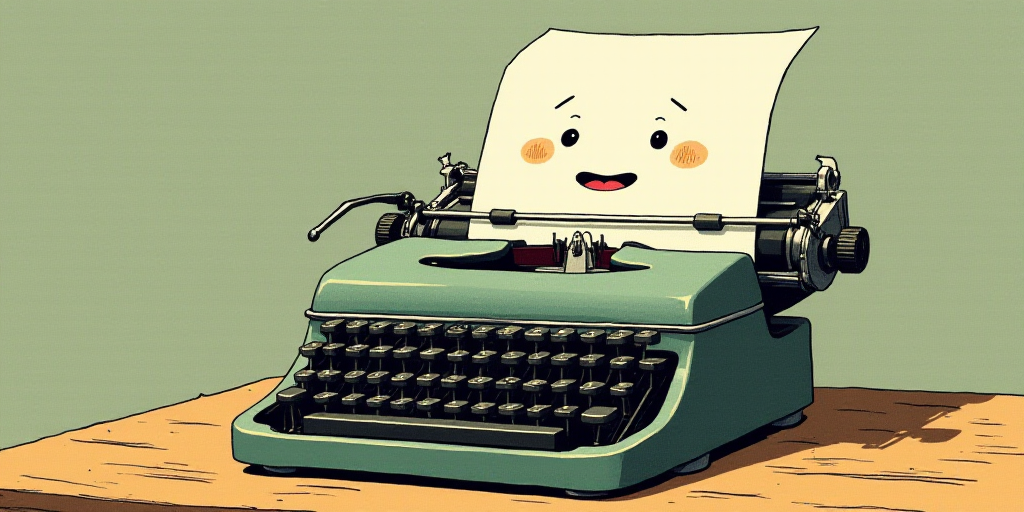Introduction
In a bustling neighborhood of Roma, Mexico City, I attend a yoga class. The area is known for its bohemian vibe, progressive stance, and recent gentrification by digital nomads from the United States. With no dress code, comfort is key.
As I rummaged through my wardrobe, half of my clothes were geek-themed t-shirts from comics, movies, and more. I randomly picked one featuring the Hogwarts emblem—J.K. Rowling’s creation. I pondered, “Should I feel comfortable wearing a shirt from someone so controversial?” As a journalist and someone who refuses to be swayed, I put on the shirt to see if anything would change.
The Dilemma of Admiring Problematic Heroes
This introspection led me to question whether we must apologize for the heroes we choose. Our chosen heroes lighten our path through life’s challenges.
Several problematic idols came to mind: directors Roman Polanski and Woody Allen; authors Louis-Ferdinand Céline and Ezra Pound; and even Pablo Picasso, the patron spirit of this column, who was reportedly violent towards many women.
Our collective mind has elevated these figures to special places, yet we despise their actions when we examine their lives. We feel guilty for enjoying their art.
The Era of Public Figure Scrutiny
In our current age where information flies in all directions, public figures have nowhere to hide. It’s easy to judge, cancel, or “fun” them—a nightmare scenario for public relations offices.
Case Studies: J.K. Rowling and Neil Gaiman
J.K. Rowling: From Beloved Author to Trans-Exclusionary Advocate
Rowling’s transphobic stance wasn’t fabricated; it was evident in her public declarations about trans women. Using her Harry Potter-earned fortune, she campaigned against trans rights, even securing a victory in the Supreme Court of Scotland to prevent trans women from being recognized as “true” women.
It’s disheartening, knowing that many Harry Potter fans were likely transgender youth who found representation in the outcast character, Harry Potter. Rowling betrayed them.
Neil Gaiman: From Literary Wizard to Accused Predator
Gaiman, a master of words whose stories have accompanied me since the turn of the century, is hard to track due to his prolific writing across various mediums.
However, an article in Vulture exposed allegations of sexual misconduct by women who had interacted with Gaiman. The article is graphic and should be approached with caution.
Gaiman, who once presented himself as a sensitive voice on issues like school abuse and discrimination, is now labeled a predator. He lost his place in successful projects like the “Good Omens” TV series adaptation and “The Sandman” Netflix series, both cut short.
(Here, it’s important to acknowledge that “The Sandman,” a graphic novel series of ten volumes, is considered one of the most significant works of fiction in the 1990s. Though controversial, I stand by this assertion—”The Sandman” is a masterpiece created by a genius, a dream weaver.)
Despite the controversy, I plan to watch the latest episodes of “The Sandman” on Netflix. Gaiman’s words have profoundly impacted my life, and I refuse to let accusations against him deter me.
The Question of Complicity
The American tendency to both exalt and destroy artists raises a crucial question: Does enjoying the work of these beloved yet flawed artists make us complicit in their harmful actions?
Journalist Claire Dederer confronts this dilemma in her book “Monster: A Fan’s Dilemma.” She argues that we should examine ourselves rather than assume canceling an artist makes us morally superior, while admiring them blinds us to their flaws.
Loving Polanski doesn’t make one a rapist, nor does hating him grant mastery over justice. Dederer emphasizes that we must acknowledge the complexity of our relationships with artists, accepting both their flaws and artistic brilliance.
Embracing the Gray Areas
Dederer concludes that if an artist returns to this ungrateful world, we can only hope their personal conduct matches the sweetness of their art. In some cases, the artist’s work may even achieve immortality.






